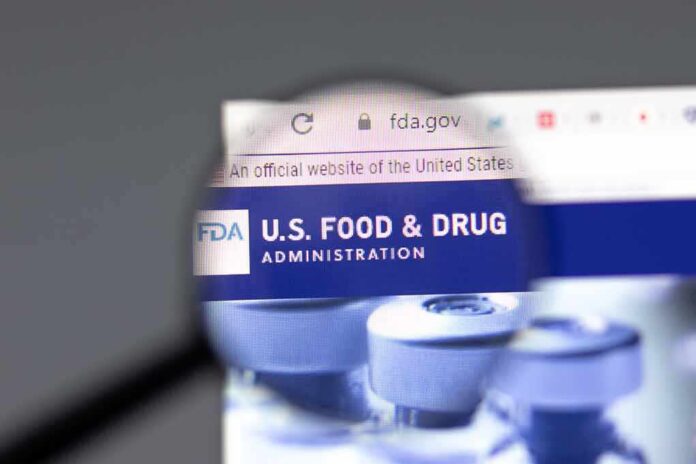
The FDA is under scrutiny for its lack of communication regarding an E. coli outbreak, leaving the public questioning its transparency and reliability.
Key Insights
- An E. coli outbreak connected to romaine lettuce has affected 89 people across 15 states, leading to one death and numerous severe illnesses.
- The FDA chose not to publicly announce the outbreak or disclose the involved companies due to the contaminated lettuce no longer being in commerce.
- Despite the CDC and FDA closing their investigations in January and February, the public was not informed about the specifics of the outbreak.
- The FDA claims only to name companies when there is clear evidence and actionable guidance for consumers, yet transparency in the process has been questioned.
FDA’s Transparency Under Scrutiny
The silence of the Food and Drug Administration during the outbreak has raised questions among citizens about its transparency and role in public health safety. With 89 individuals across 15 states affected, some severely, the lack of public communication has been a point of contention. Notably, among the victims is a 9-year-old boy in a fight for his life due to kidney failure.
This controversy arises from the FDA’s decision not to publicize details of the outbreak or implicated companies, ostensibly because the contaminated product was no longer on the market. Yet, this decision has left many questioning the agency’s accountability in fulfilling its duty to inform and protect citizens, especially when vital health information is withheld.
Legal Guidelines and Public Backlash
The Centers for Disease Control and Prevention declared the outbreak over in mid-January, and the FDA concluded its investigation by February 2024, still withholding public communication of the findings. Even though federal officials have no legal obligation to disclose all such outbreaks, the FDA has been moving toward improved transparency. However, this outbreak has inspired a strong dialogue about whether its current practices meet public expectations.
Legal experts point out that while the FDA is not always bound to name companies involved in outbreaks, this current level of non-disclosure raises concerns over its ability to protect the public. As investigations showed, significant portions of the public unknowingly consumed contaminated leafy greens, particularly romaine lettuce.
The Battle Over Accountability
Records have suggested Taylor Farms, a California-based company, could be linked to the outbreak. However, the company has vehemently denied this, stating, “Taylor Farms product WAS NOT the source of the referenced 2024 E. coli outbreak. We perform extensive raw and finished product testing on all our products and found no evidence of contamination.”
The situation is further convoluted by the lack of official announcements naming the involved processor, even after multiple lawsuits were filed against the company. The FDA cited legal restrictions when it came to disclosing confidential commercial information, a stipulation that leaves concerned citizens feeling vulnerable despite the agency’s assurance of intense internal reviews.
Future Considerations
The incident puts the spotlight on the delicate balance the FDA must maintain between confidentiality and public safety, initiating discussions on how it can prioritize transparency without compromising business interests. This outbreak has not just affected consumer trust; it incites questions regarding the adequacy of current food safety regulations.
Moving forward, tackling these issues looms large as the government must assure its citizens that lessons learned from such occurrences will lead to better preventive measures, ensuring their safety and well-being.
Sources:
- RFK Jr.’s FDA Covered Up Killer E. Coli Outbreak
- Uncovered: FDA Did Not Disclose Fatal E. coli Outbreak Linked to Lettuce in 2024 | Food Safety
- E. coli outbreak went unpublicized by FDA despite affecting 15 states: report



















